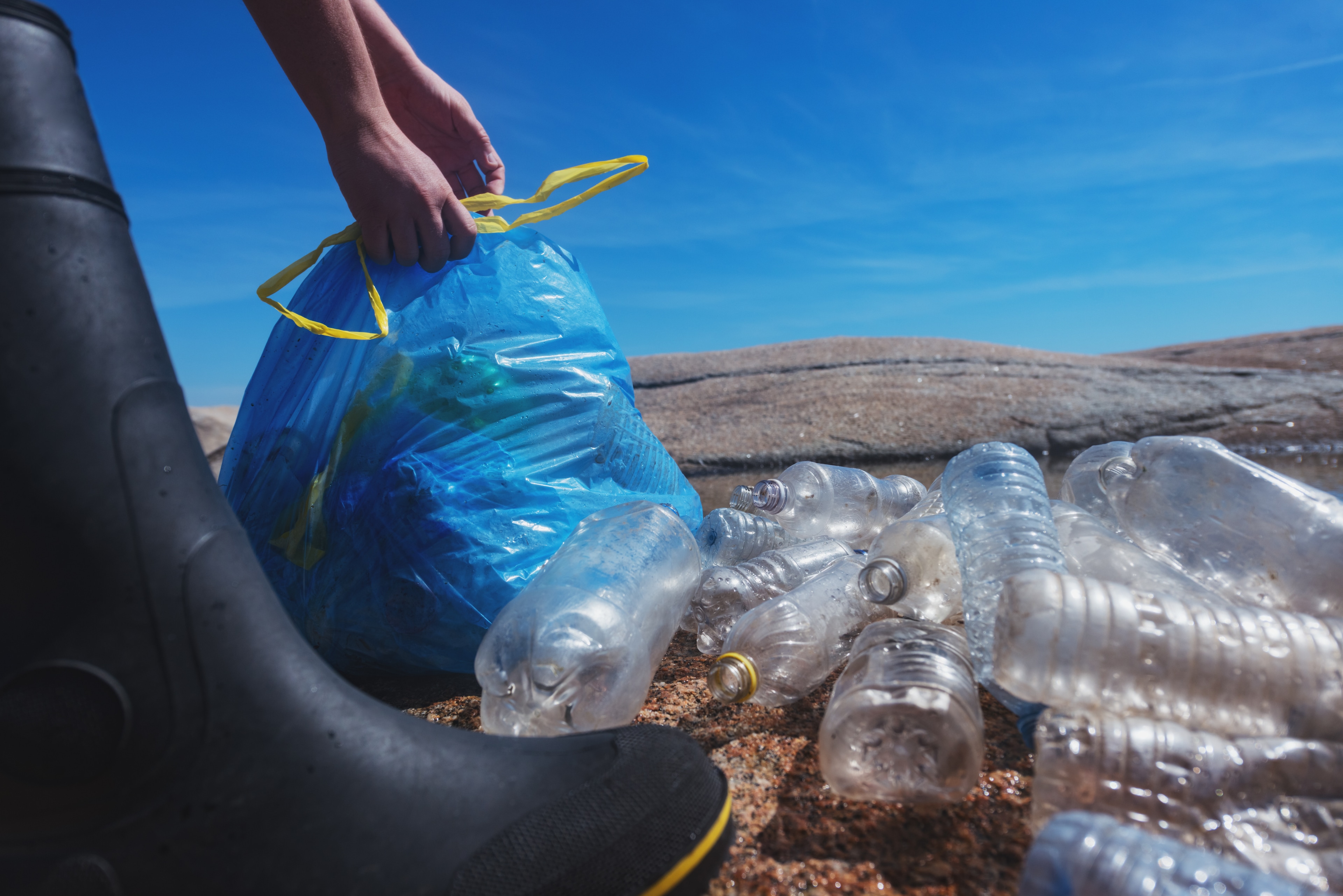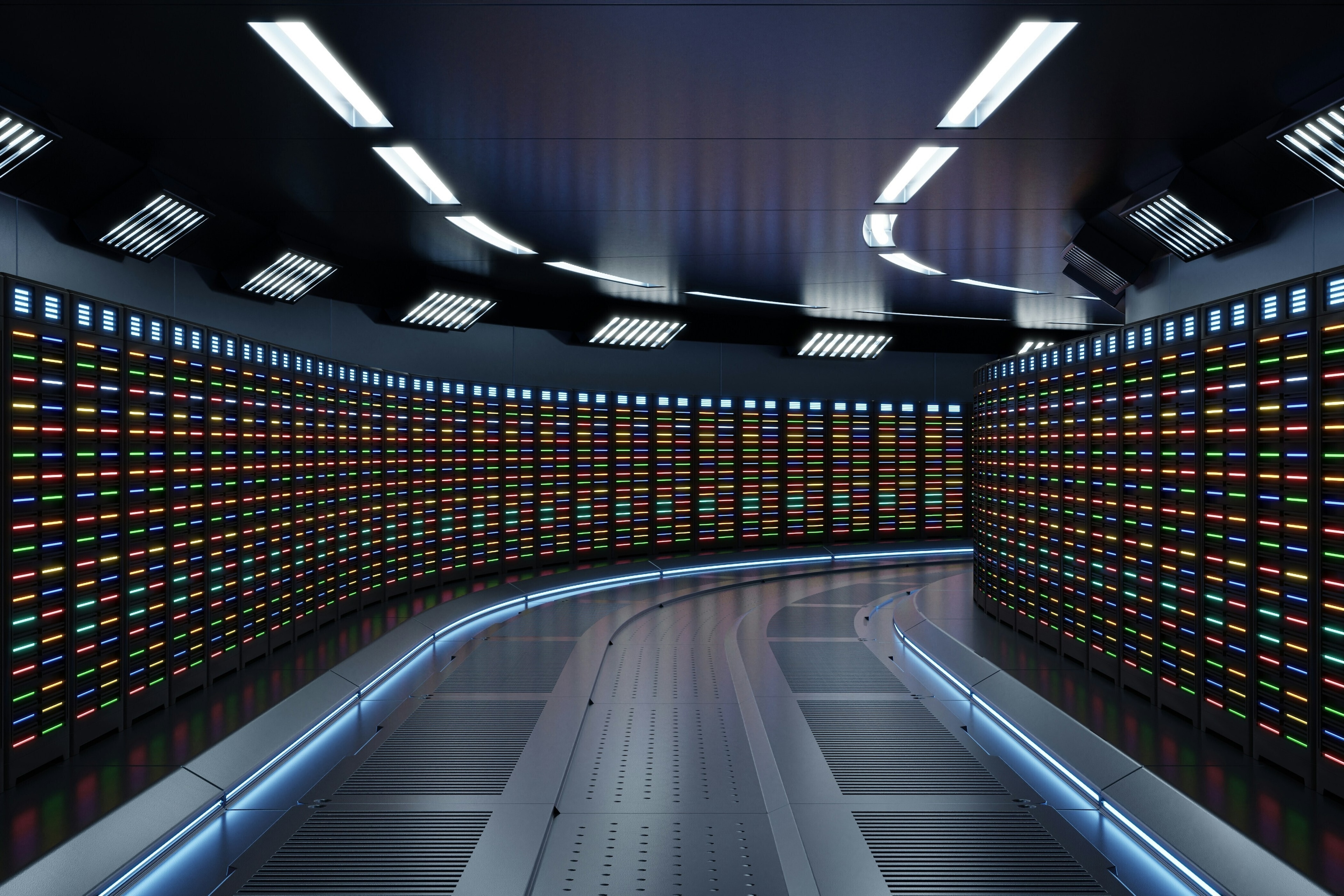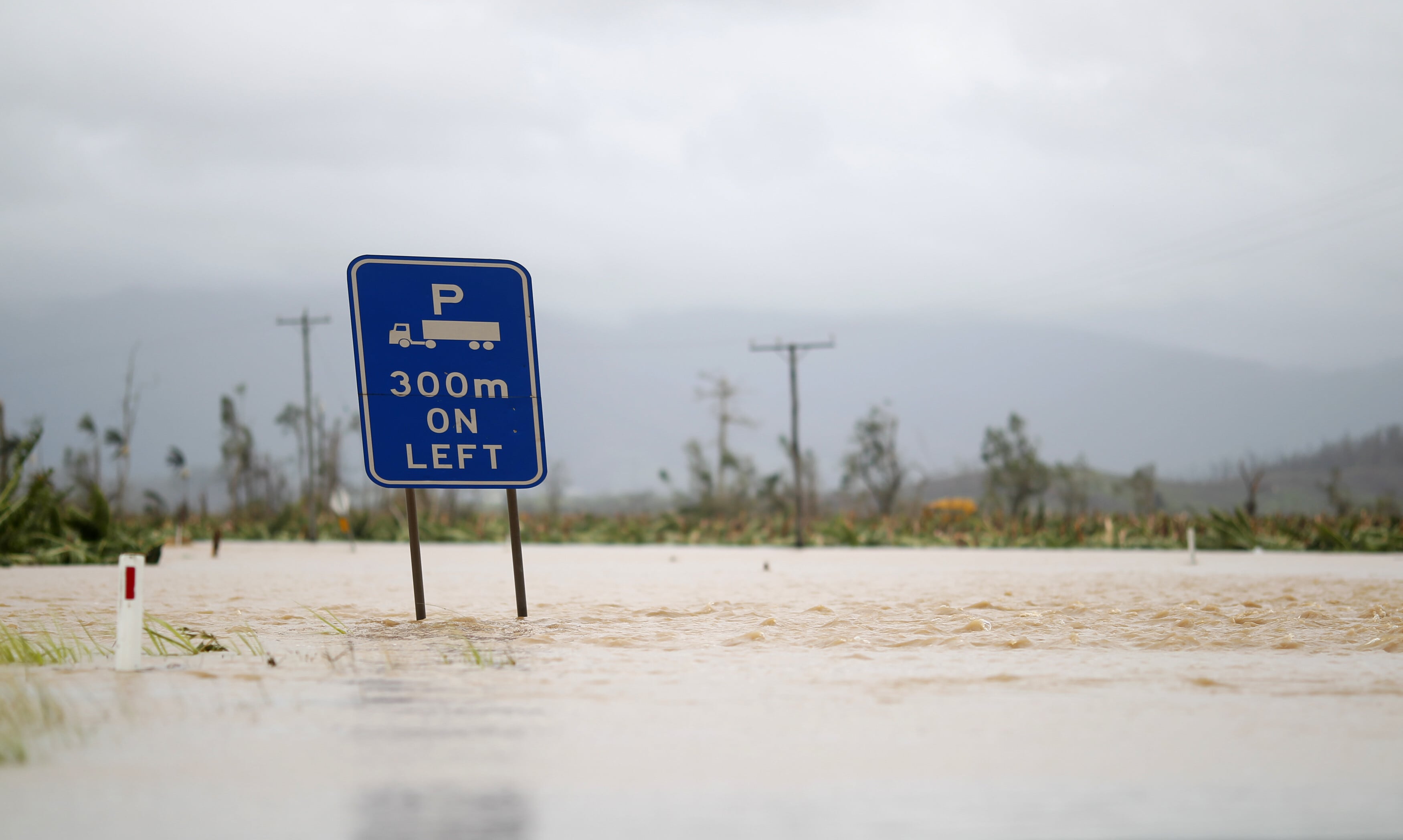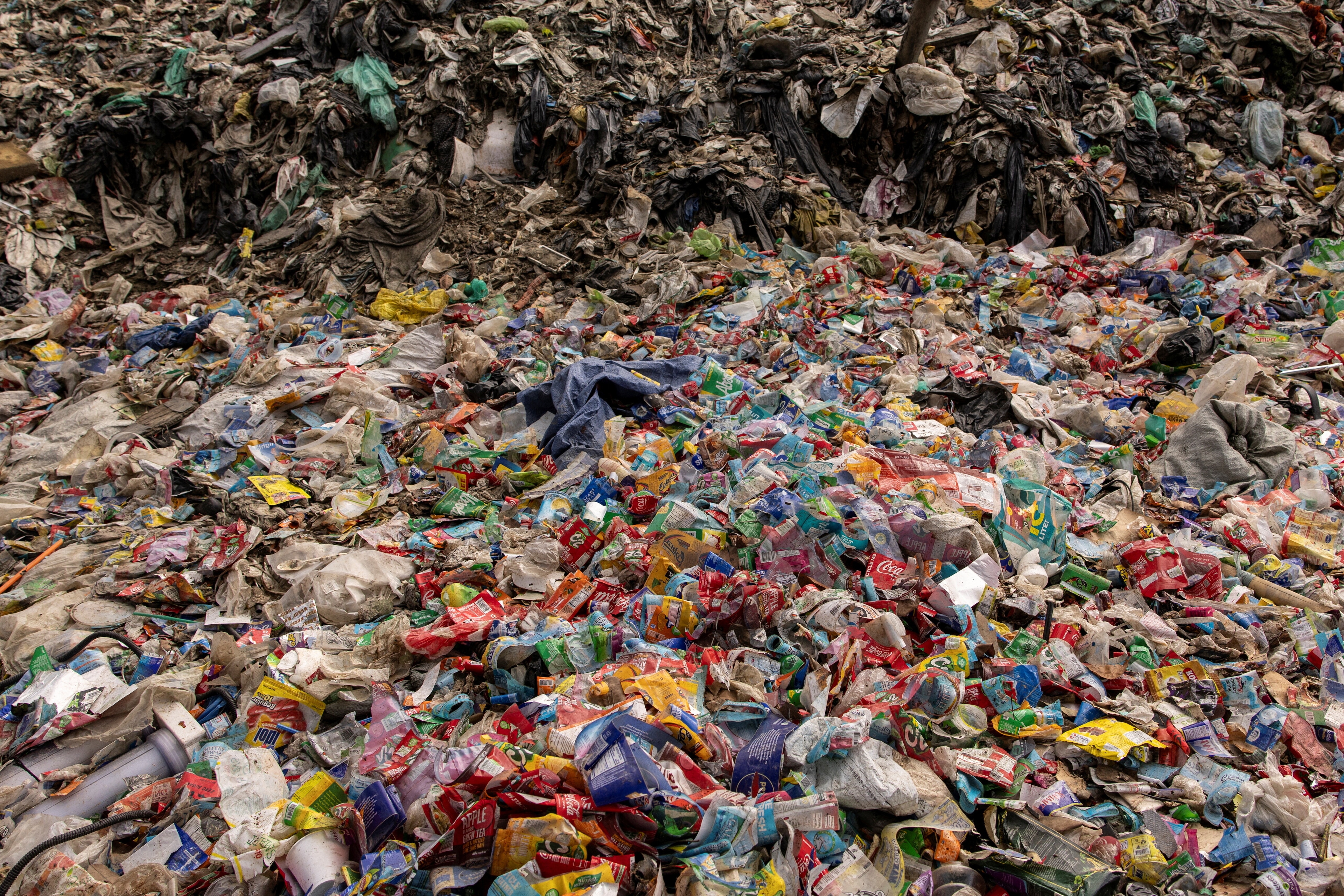The EU wants energy security and carbon neutrality. For that, it needs its Mediterranean neighbours

Better-developed electricity links between the Northern, Southern and Eastern Mediterranean would be mutually beneficial for all involved.
Image: REUTERS/Jihed Abidellaoui
Stay up to date:
Climate and Nature
Listen to the article
- The EU is on a mission to cut emissions by 57% by 2030 — that means easing reliance on fossil fuels.
- To replace the energy they create, the bloc should look to the South and Eastern Mediterranean.
- Better-developed electricity links between the Northern, Southern and Eastern Mediterranean would be mutually beneficial for all involved.
The European Union has set out to become the world’s first climate-neutral economy, aiming to cut emissions by at least 57% by 2030, and achieving climate neutrality by 2050. Collaboration with neighbours in the Southern and Eastern Mediterranean could be pivotal.
The European Green Deal (EGD) is one of the world’s largest comprehensive plants to decouple economic growth from carbon emissions, a kind of European Inflation Reduction Act, that is set to increase the use of clean energy and low carbon value chains within Europe and among the EU’s trade partners as well.
There are good arguments for exploring Europe’s neighbourhood in the Southern and Eastern Mediterranean for closer collaboration over clean energy in the future. The renewable energy resources of the neighbourhood — in particular, solar and on- and off-shore wind — are plentiful and cheap, land for renewable energy development is abundantly available and current production from these resources is well behind potential. Their development would be cost-effective, as would their transmission in the form of green electricity through electricity grid links to Europe.
Building on a history of Mediterranean cooperation
Europe and its North African neighbours have long been tied together not only by shared climate concerns, but through close geography, trade and investment in a range of goods and services, financial and development aid flows, migration flows and diplomatic links. Fossil fuel trade has historically been a key part of those relationships but the energy relationship can now be deepened and extended through a just transition to green energy. That transition would more than replace the jobs in the capital-intensive fossil fuel industry in the Eastern and Southern Mediterranean.
The Mediterranean region as a whole is a microcosm of developing countries and developed countries in close proximity to each other, so the potential to utilize the concessional climate financing opportunities afforded by the Paris Agreement and others like it is huge. The countries of the Northern Mediterranean can utilize those financing flows to target investments just across the Mediterranean Sea. The EU and Morocco already announced a “Green Partnership” on energy, climate and the environment two years ago, with potential for similar agreements with other parts of the region as well.
Now we are in a period in which a massive scaling up of concessional financing for climate investments in developing countries is under geopolitical discussion — in the G20, in the June 2023 New Global Financing Pact for Development, in the World Bank’s Evolution Roadmap strategy document and in the World Bank-IMF Annual Meetings in Marrakech in October 2023, to name a few. This financing scale-up will be the focus of COP28 in UAE in November this year.
What’s needed is a concerted effort to develop projects from the bottom up that play to these comparative advantages and utilize those financing opportunities. Efforts must learn from the relatively unsuccessful top-down initiatives of the past, such as the Mediterranean Solar Plan and the Desertec Industry Initiative, which essentially raised expectations without developing the actual projects and instruments to help achieve them. This time around work needs to be more granular, more objective and more focused on actual implementation for results. The benefits to Europe will be low-cost reliable green energy, and the benefits to the other side of the Mediterranean will be green energy supply, jobs, income and economic stability.
Leveraging development finance infrastrcuture
The development banks, such as the World Bank, African Development Bank, European Bank for Reconstruction and Development and European Investment Bank, who are trying to step up their climate financing should undertake a major Mediterranean clean energy trade initiative, utilizing climate finance trust funds such as the Green Climate Fund and Climate Investment Funds. The development banks could collectively or individually declare publicly and loudly that such an initiative, requested by the developing countries of the Mediterranean, would be enthusiastically received as meeting their strategic climate priorities, and individual project development could then be expected to ensure on a large scale — of interrelated generation, storage and transmission projects.
The war against Ukraine since 2022 has highlighted the need for European countries to seek alternatives to Russian gas elsewhere as a matter of energy security, and to do so in a manner that reduces dependence on fossil fuels overall. Today, we have an important opportunity for Europe to not only look for short-term replacements of one source of gas by another. Other sources of fossil fuels, too, could be vulnerable to disruption, so the bloc should instead increase investment in alternative energy sources for electricity and heat. The Eastern and Southern Mediterranean beckons, and the time is now.
Accept our marketing cookies to access this content.
These cookies are currently disabled in your browser.
Don't miss any update on this topic
Create a free account and access your personalized content collection with our latest publications and analyses.
License and Republishing
World Economic Forum articles may be republished in accordance with the Creative Commons Attribution-NonCommercial-NoDerivatives 4.0 International Public License, and in accordance with our Terms of Use.
The views expressed in this article are those of the author alone and not the World Economic Forum.
Forum Stories newsletter
Bringing you weekly curated insights and analysis on the global issues that matter.
More on Nature and BiodiversitySee all
María Daniela Limongi Izaguirre, Edwin Josue Castellanos and Marisol Argueta de Barillas
September 22, 2025
Michael Donatti and Benoit Bégot
September 19, 2025
Tom Crowfoot
September 18, 2025
Caroline Meech and Sakshee Singh
September 17, 2025
Tania Strauss and Beverley Postma
September 17, 2025
Metolo Foyet
September 16, 2025





